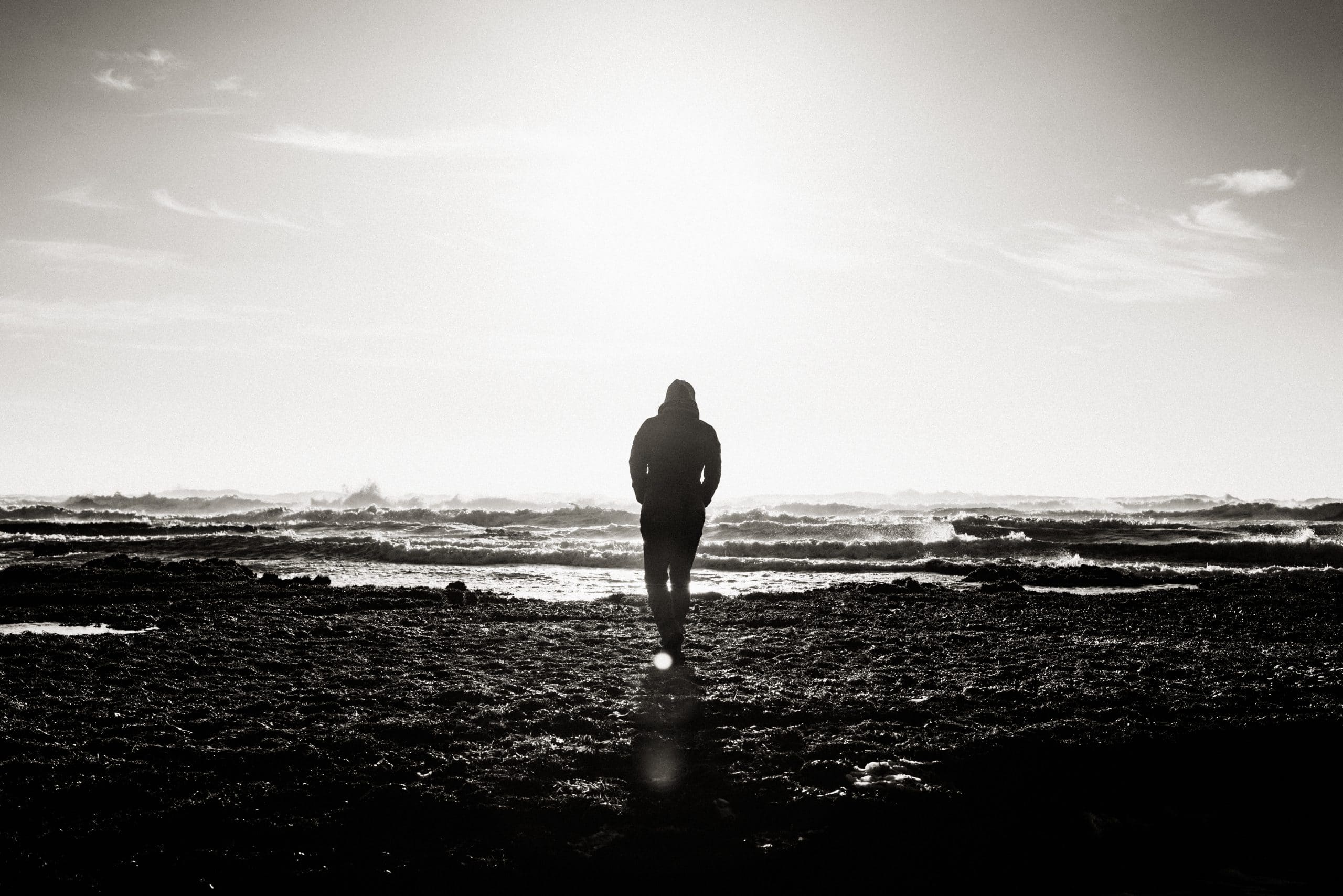An antidote to loneliness?
Mental Health
Loneliness is at epidemic proportions. During Men's Health Week, Sarah Romotsky from Headspace, makes a case for meditation as a solution.
The conversation surrounding mental health, particularly male mental health and how to reduce the impact of ill mental health is especially relevant this week as it is Men’s Health Week.
Recently the topic of loneliness has been brought to the fore: research into the loneliness epidemic has revealed that 22 per cent of millennials in the United States and 23 per cent in the UK say that they always or often feel lonely, lack companionship, or feel left out or isolated[1]. Additional reports have also shown that men are at a higher risk of isolation than women and are less likely to disclose their feelings on the topic[2].
The world we live in is becoming increasingly digitalised, and younger generations especially have been shown to suffer from feelings of loneliness and isolation, which can have a negative impact on their mental health. While the right level of connectivity can have positive repercussions, studies have shown that excessive use of social media has led to an increase in anxiety and loneliness among young adults[3].
To address feelings of loneliness, it’s healthy to get to a point where we feel OK on our own. Loneliness is a feeling that we often find challenging, destructive and isolating; yet in trying to get away from the feeling we miss the opportunity to understand what it is. It’s important to note the difference between ‘aloneness’ and ‘loneliness’. While aloneness helps us cultivate presence, self-reflection and even creativity, loneliness can have adverse consequences for health and mortality.
The physical manifestations of loneliness are real and being lonely can cause your stress hormones to elevate as your body produces more cortisol (the body’s main stress hormone) when stressed. It can also have a negative impact on sleep, causing your body to take a fight-or-flight response, interrupting regular sleep patterns. Over time, this can have a detrimental effect on your overall health and lead to serious mental and physical health conditions.
Of course, it’s ok to feel sadness and negativity, and sometimes we can be overwhelmed with it. However, it’s also possible to be open to it: this is where meditation can help.
Stepping out of the mind through meditation is a powerful antidote to loneliness. It enables us to become more present in our feelings, making the crucial distinction that being alone and feeling alone are two very different things.
Headspace has been proven to reduce negative emotions by 28 per cent; in one study people reported feeling substantially fewer negative emotions than the average person after using Headspace for 10 days.
If we allow ourselves to be open to feelings of loneliness through meditation, we can discover things about ourselves that surprise us. This openness can be a gateway to greater understanding of ourselves and our own lives, as well as the lives of others.
The Headspace ten-day loneliness pack is designed to help people combat feelings of loneliness and increase wellbeing. Over time we can become more comfortable with feelings of loneliness and Headspace sessions can take as little as three minutes each day.
–
[1]Forbes, 03.05.2019, Millenials and The Loneliness Epidemic. Research conducted by The Economist and the Kaiser Family Foundation
[2] Vas, 25.03.2018, Research shows men are lonelier than women. Research conducted by Age UK
[3] Science Direct, December 2017, study investigating adolescent and parent reports of adolescent social media use and its relation to adolescent psychosocial adjustment. Study conducted by Washington State University.
[1]Forbes, 03.05.2019, Millenials and The Loneliness Epidemic. Research conducted by The Economist and the Kaiser Family Foundation
[1] Vas, 25.03.2018, Research shows men are lonelier than women. Research conducted by Age UK
[1] Science Direct, December 2017, study investigating adolescent and parent reports of adolescent social media use and its relation to adolescent psychosocial adjustment. Study conducted by Washington State University
Trending

Join The Book of Man
Sign up to our daily newsletters to join the frontline of the revolution in masculinity.

















